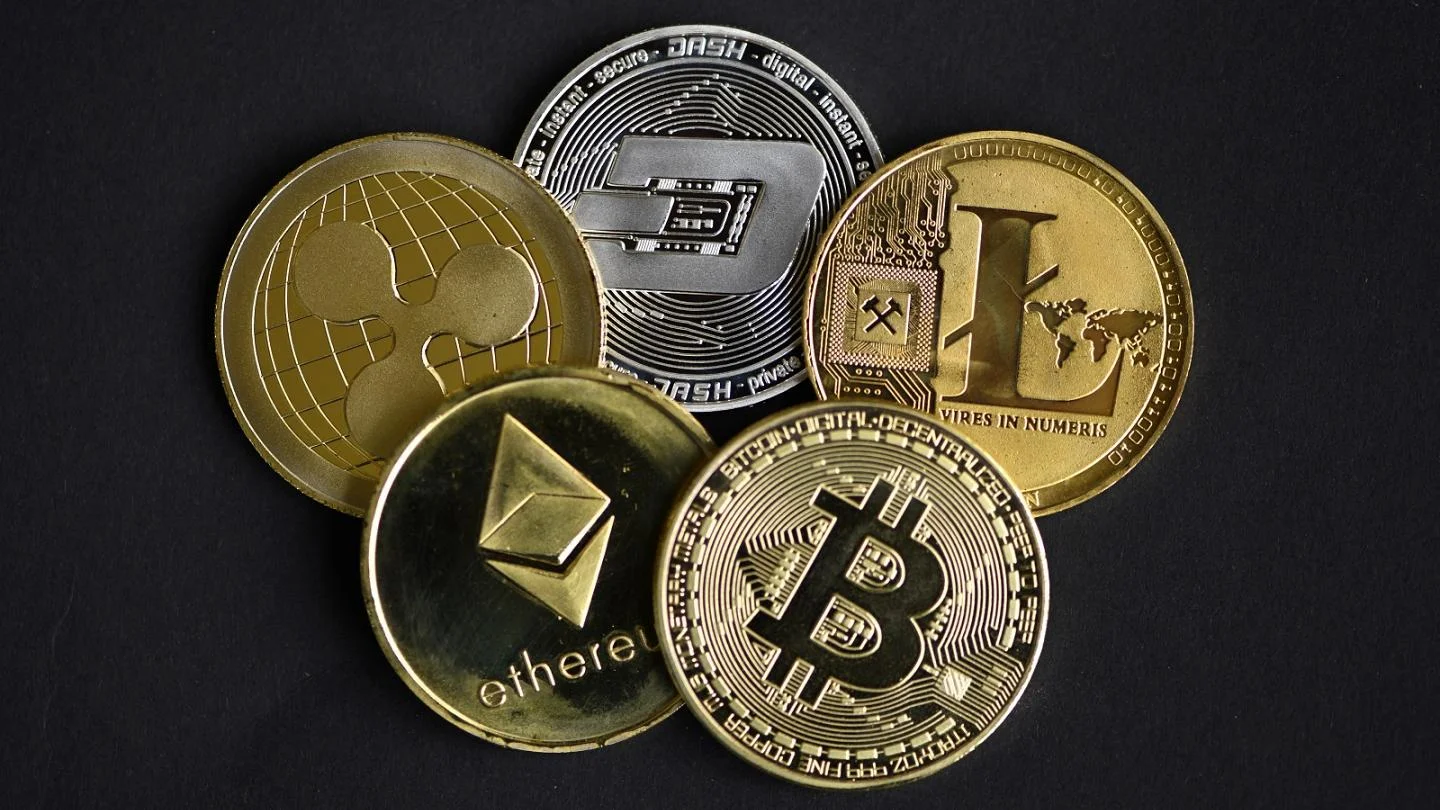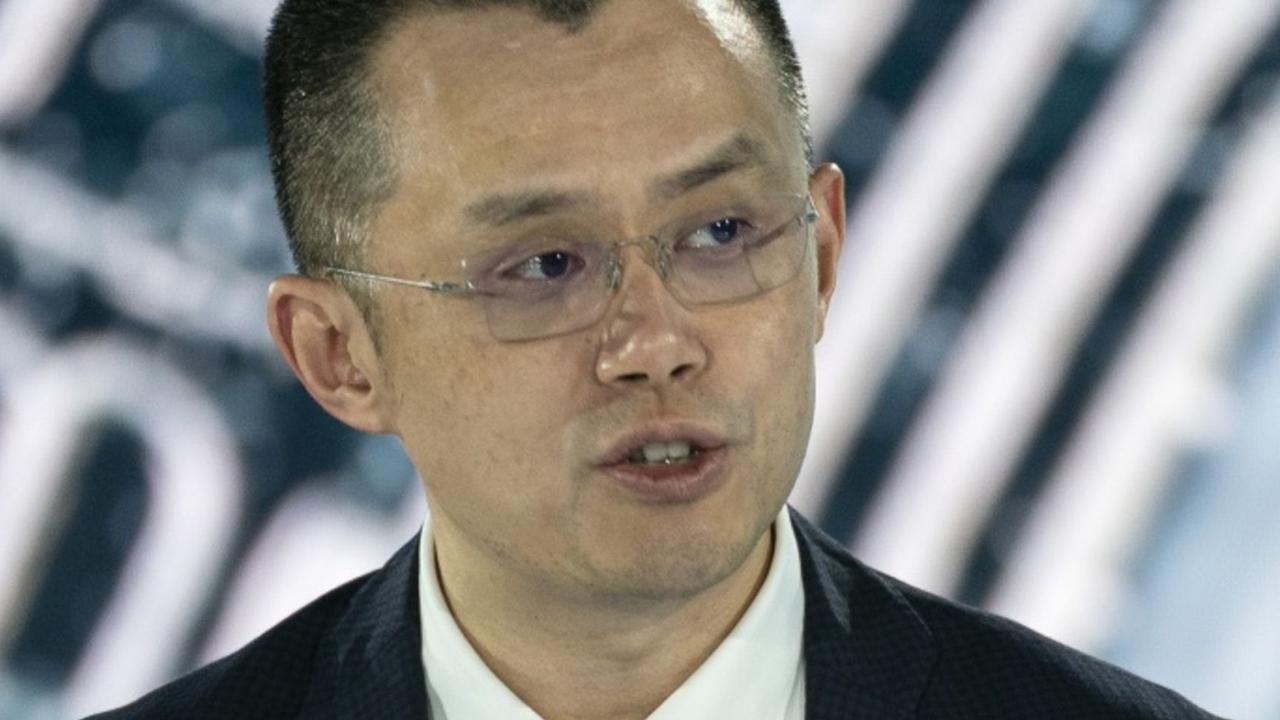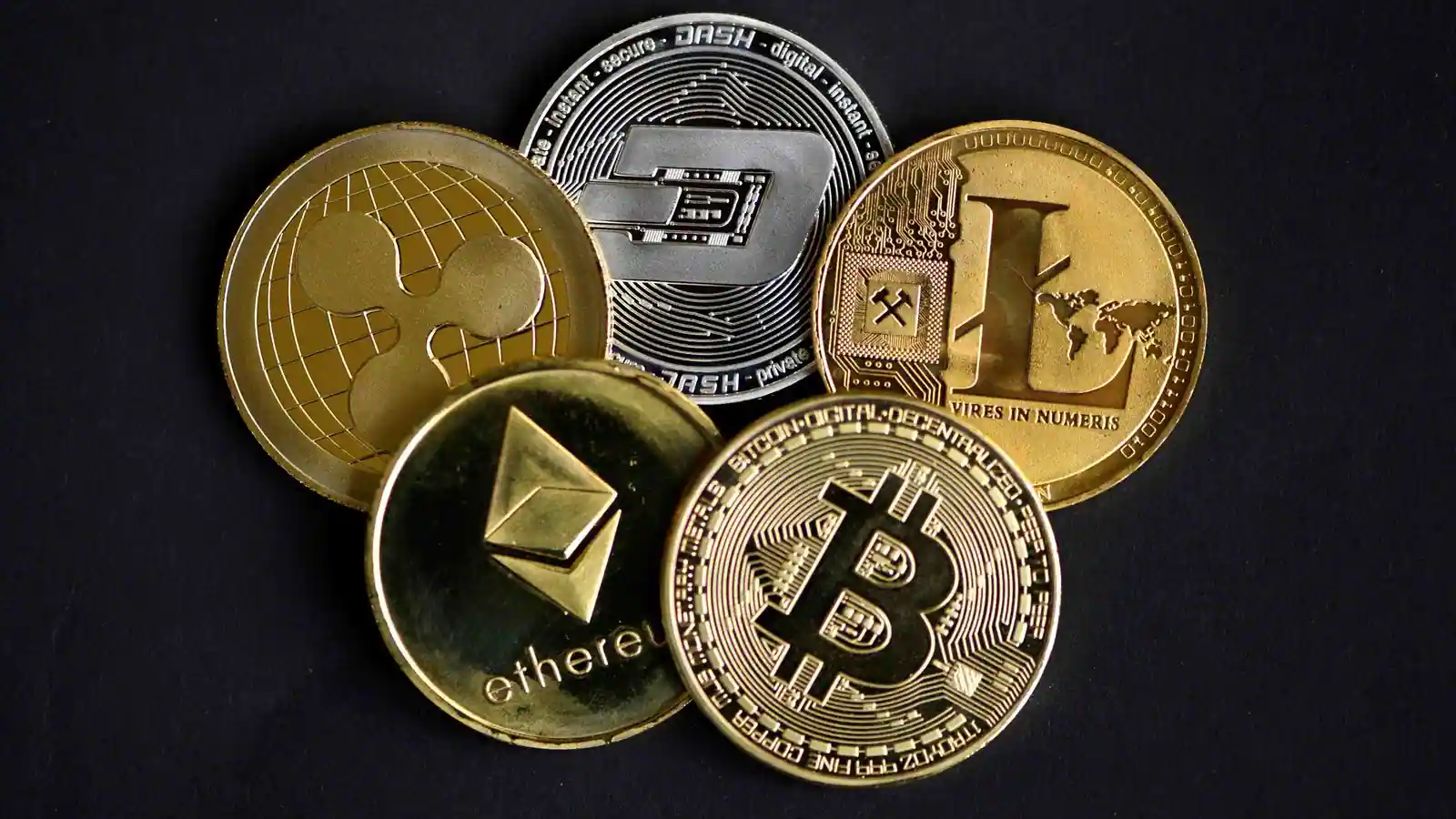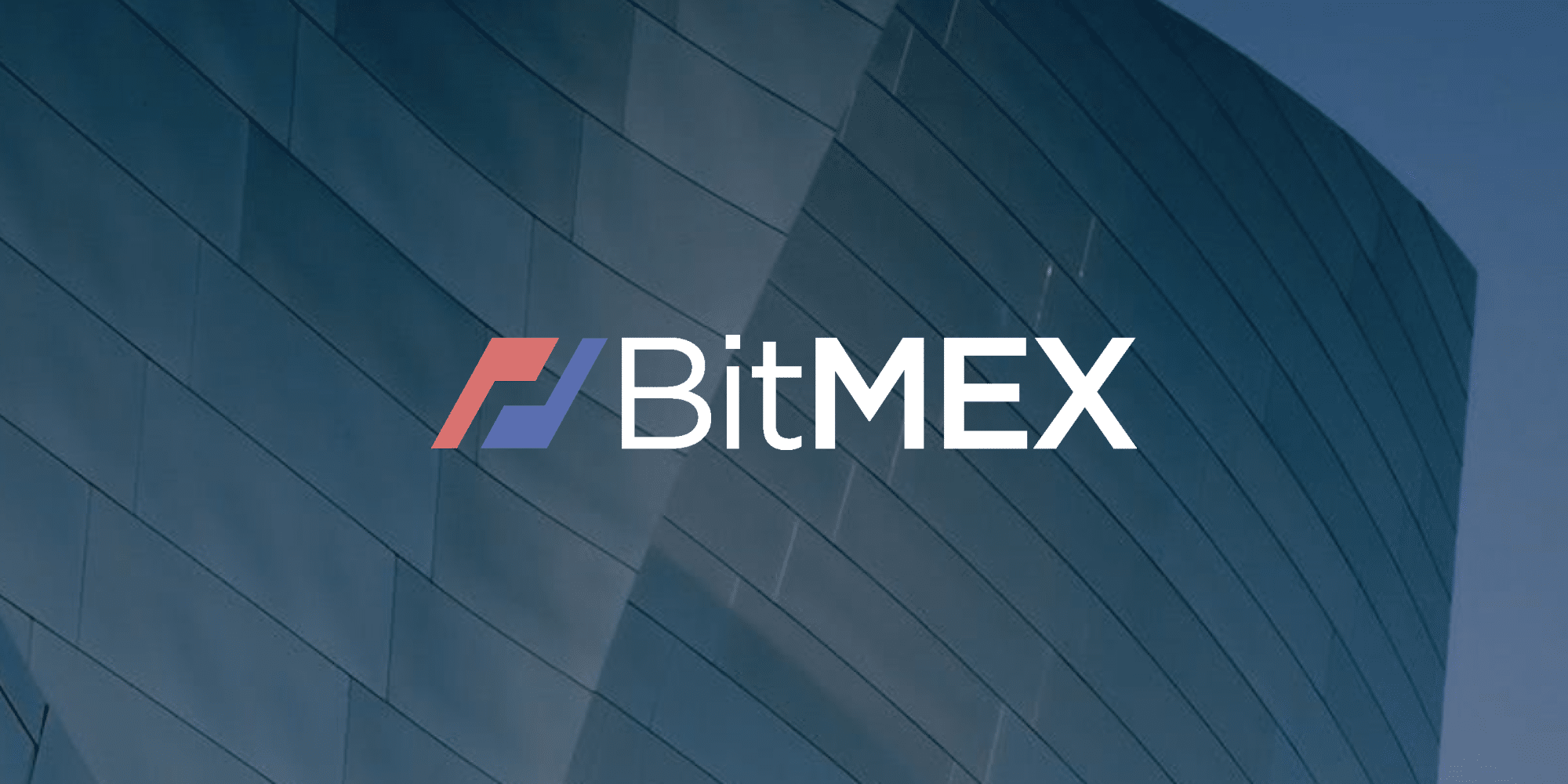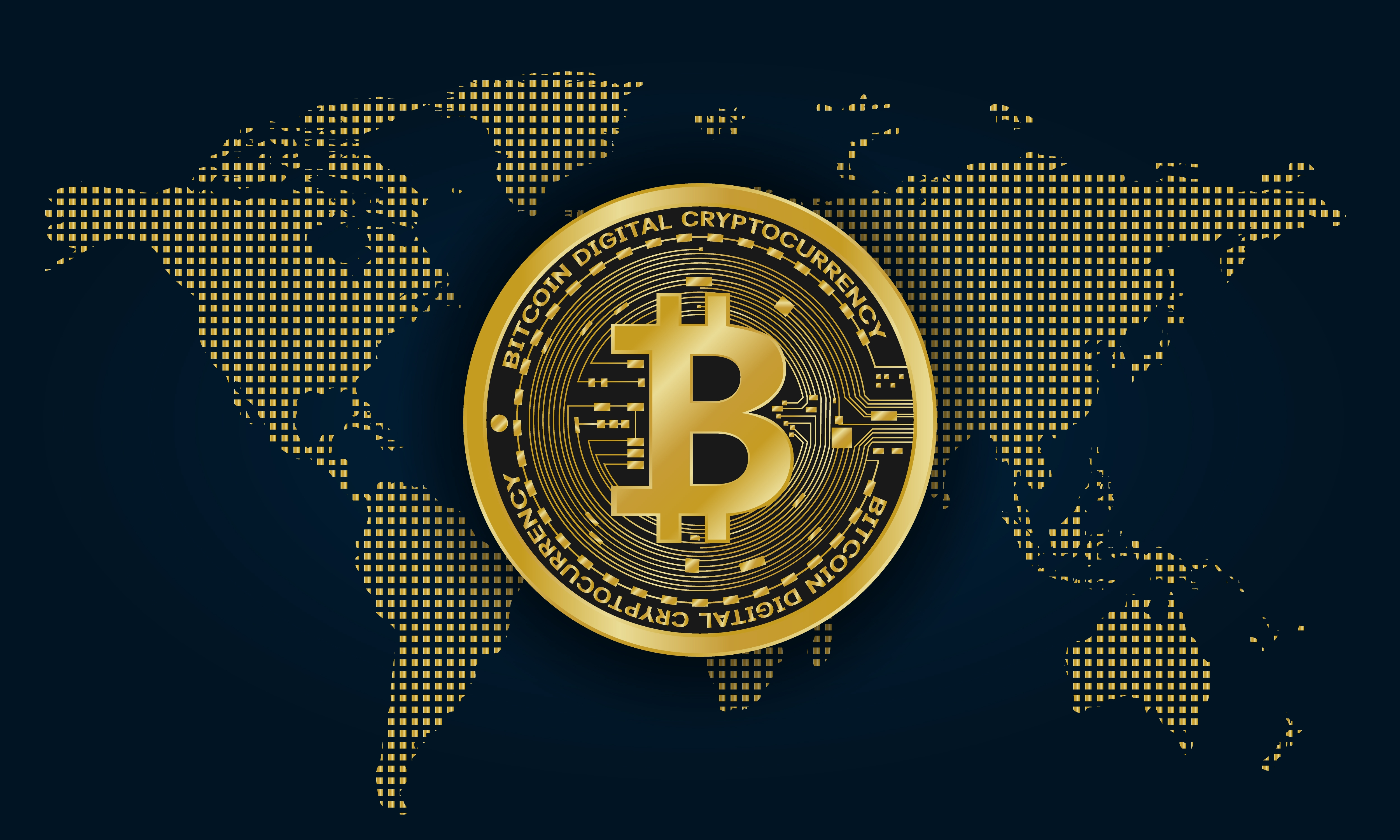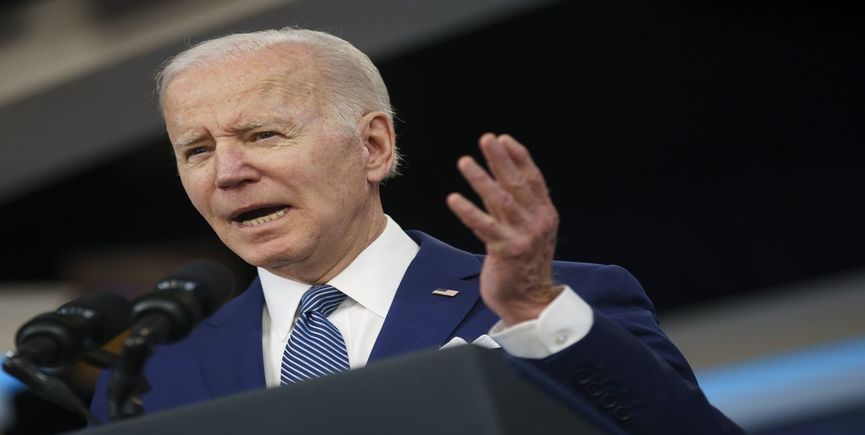- February 01, 2022
Germany rejects a $5 billion semiconductor deal with a Taiwanese company due to concerns about the country's technological sovereignty.
- The proposed acquisition cannot proceed as anticipated since Germany's Economic Ministry failed to clear the 4.35 billion euro ($4.9 billion) agreement by the Jan. 31 deadline.
- The failed takeover comes as countries want to strengthen their "tech sovereignty," so they are less reliant on other countries for crucial technologies such as semiconductors.
- After Japan's Shin-Etsu, the acquisition would have created the world's second-largest manufacturer of 300-millimeter wafers.
After policymakers in Germany failed to approve the agreement in time, GlobalWafers, a Taiwanese company that creates silicon wafers for computer chips, would no longer buy Siltronic, based in Munich.
The agreement's failure late Monday evening comes as countries want to strengthen their "tech sovereignty" so they aren't as reliant on other countries for crucial technologies like semiconductors. Europe is today primarily reliant on the United States and Asia, where corporations such as Samsung, TSMC, and Intel are based.
"The GlobalWafers takeover offer and the agreements that resulted from the offer will not be executed and will lapse," GlobalWafers announced Tuesday.
In a statement published with the company's preliminary 2021 results on Wednesday, Siltronic stated its executive board and supervisory board "regret" the decision. "However, following an exceptional year, Siltronic is looking forward to a bright future," the business concluded.
The proposed acquisition cannot proceed as anticipated since Germany's Economic Ministry failed to clear the 4.35 billion euro ($4.9 billion) agreement by the Jan. 31 deadline.
"It was not possible to complete all the necessary review steps as part of the investment review — this applies in particular to the review of the antitrust approval by the Chinese authorities, which was only granted last week,” a spokesperson for Germany’s Economic Ministry said, according to Reuters.
The merger, which was approved by Chinese officials on January 21, would have established the world's second-largest manufacturer of 300-millimeter wafers, behind Japan's Shin-Etsu.
GlobalWafers will now have to pay Siltronic a 50 million euro termination fee.
Since Chinese electronics giant Midea acquired German robotics leader Kuka in 2016, Abishur Prakash, co-founder of the Center for Innovating the Future, a consulting organisation, told CNBC that Germany and the EU have been concerned about their "tech leadership fading."
"With their chip businesses, European governments are adopting a different tone," he said.
"Tech sovereignty will define physical sovereignty for the EU," Prakash continued, "and having a self-reliant European chip sector is critical to this." "Whatever the EU's future goals are, from robotics to space to quantum computing, improved semiconductors will be required." And Brussels does not want to be reliant on other countries in this sector, such as the United States or China."
Prakash believes that a global division would emerge as countries attempt to "unplug from the main powers and systems" and restore sovereignty through technology.
Wafers are a critical component in the processors that power everything from iPhones to parking sensors in cars.
Germany, home to Infineon and a number of other chipmakers, has been increasingly sceptical of the global semiconductor supply chain after a worldwide chip shortage harmed the country's well-known automobile industry.
If GlobalWafers decides to make another acquisition effort, the ministry said an investment review will be conducted again.
GlobalWafers CEO Doris Hsu described the news as "extremely disheartening," adding that the company will "study the German government's non-decision and examine its implications on our future investment plan."
"Europe is a significant market for GlobalWafers, and it remains committed to the region's clients and staff," the business said in a statement.
A request for comment from Siltronic went unanswered.
On the Frankfurt Stock Exchange, Siltronic's shares were up roughly 4% on Tuesday.
Governments and regulators are also looking into a number of other chip transactions. Nvidia's $40 billion purchase for U.K. chip designer Arm, which is currently controlled by Japan's SoftBank, is the most notorious example.
Critics fear that the combination with Nvidia, which develops its own chips, will limit access to Arm's "neutral" semiconductor designs, resulting in higher pricing, fewer options, and less innovation in the sector. Nvidia, on the other hand, claims that the deal would spur greater innovation and that Arm will profit from increased funding.
Because of "protectionist considerations," according to Glenn O'Donnell, research director at analyst firm Forrester, semiconductor purchases are being scrutinised more closely.
"One might intellectually challenge protectionist reasons, but regional variety is a genuine legitimate concern," he remarked. "Any supply chain that has too many eggs in one basket is doomed." We witnessed the semiconductor supply chain fall down due to too much reliance on Asia during the epidemic, exposing this vulnerability."
The semiconductor supply chain, according to O'Donnell, is still a "serious mess" that won't improve until "far into 2023."

